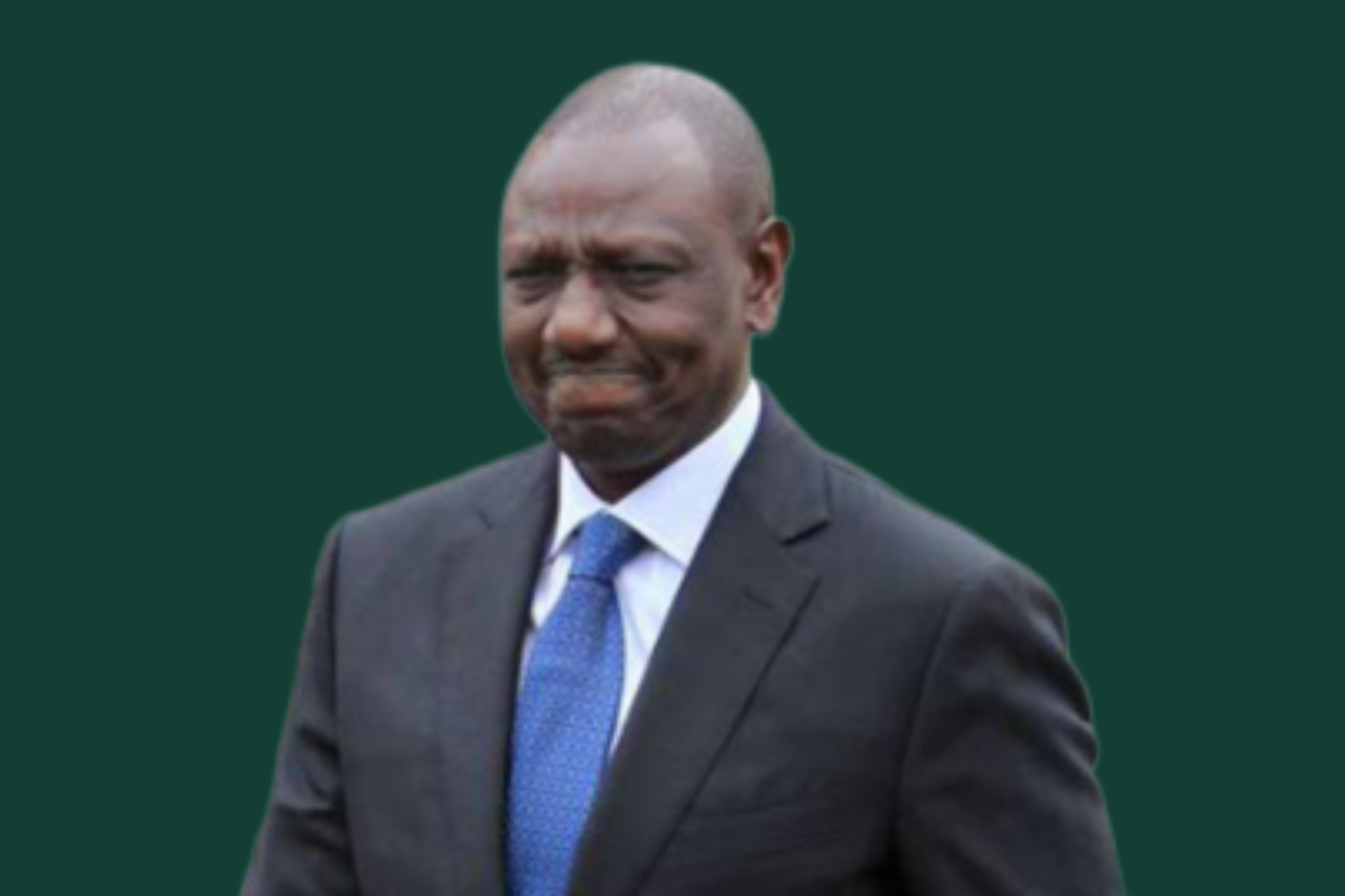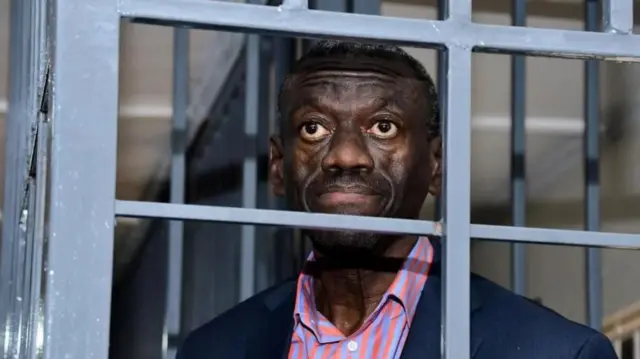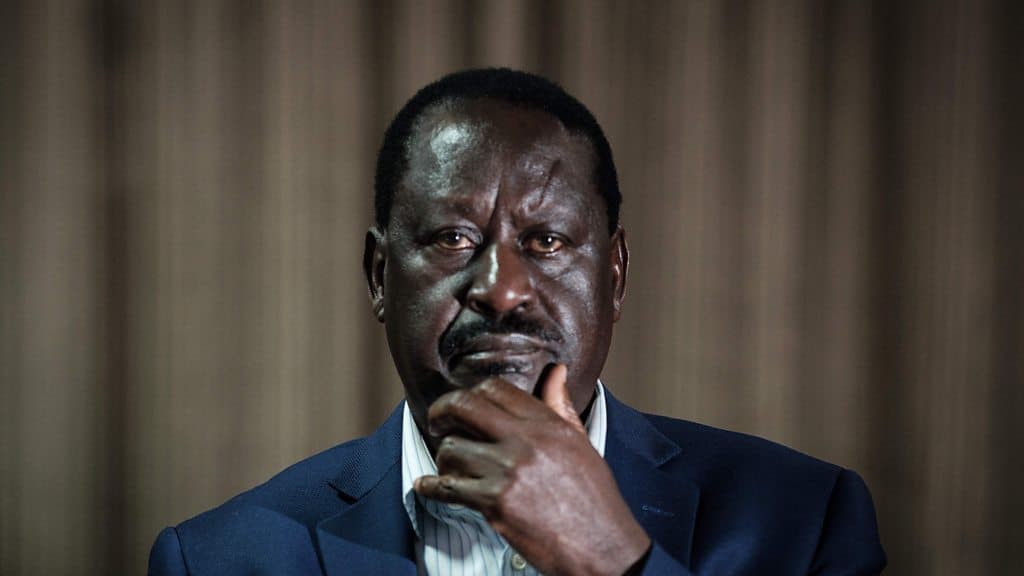President William Ruto has told Kenyans that he strives to serve them better and is committed to deliver on his campaign promises in the remaining years before the end of his term in 2027.
Ruto said since the formation of the broad-based government after appointing members of the opposition Orange Democratic Movement into his cabinet, the economy is starting to stabilise and the prices of food are going down. “Kenyans are starting to see changes. We are united to develop the country,” he said.
Political analyst Fridah Wanja tells JULISHA Media that Ruto’s promise is coming too late because the majority of those who voted for him no longer trust him, he has lately become politically unpopular especially on the voter-rich Mount Kenya region and the young Generation is no longer disillusioned by his promises.
The Gen Z Factor.
The “youthquake” has shaken the political class, with people saying that it will no longer be business as usual. Questions how Kenya got to where it is currently are abound, but only time will tell.
There’s a rough understanding of issues that caused the protests in June that caused destruction of property and loss of life. Analysts agree that a political class that has worked over the years to serve their selfish interests is part of the problem.
At 3:00 pm on June 25, 2024, angry OccupyParliment protesters stormed the usually quiet Parliament Road in Kenya’s capital, Nairobi. They brought down the steel barriers around the parliament building in minutes, and the police responded with live bullets, leaving at least 45 people dead.
Ultimately, the bullets couldn’t stop the force of thousands of Kenyans. By 4 pm, the protesters had made the parliament building theirs as members of Parliament ran for safety. Running from the people who had elected them was the perfect symbolism for a parliament that had passed a bill the public had roundly rejected.
The Finance Bill contained proposals on how the government would raise revenues to fund its budget. The unpopular tax hikes in the 2024 bill aimed to raise an extra $2.7 billion.
As the protests gathered pace, Ruto’s side failed to pick the negative sentiments on social media and local media outlets. The leader of the majority in parliament, Kimani Ichung’wa claimed that “many you see protesting in Nairobi with iPhones, they call themselves GenZ, they come to the demonstrations in Uber, afterwards, they go to KFC and eat chicken. They even drink bottled water”.
The arrogance from Ruto’s side and several miscalculations like abducting perceived organisers led to the “mother of all protests” that brought Nairobi to its knees. When the dust settled, at least 23 protesters had been confirmed dead while several others were nursing gunshot wounds.
The average Kenyan’s position is clear: increased taxation pushes people out of jobs even as the cost of living rises. Companies are responding to the macroeconomic environment by shutting down or scaling back operations.
While the President eventually disbanded the Finance Bill, the mood has been grim since then.
“It is quite exhausting for good people when bad people are in power because it’s quite clear that these people have an unending reservoir of evil every single day you wake up and they have conjured another silly idea. Their only dreams are how to make life even more difficult for Kenyans. We must give it to them, they have depth in hurting Kenyans,” said Edwin Sifuna, Nairobi senator and opposition party ODM secretary-general.
The Broad-Based Factor.
In April 2023 Ruto had vowed that “there will be no handshake … that brings the opposition and government into some conundrum, a mongrel, an outfit that is undemocratic, unconstitutional and illegal”.
A handshake in the Kenyan context is a euphemism for truces and deals between erstwhile political foes.
It’s a refrain that Ruto has used repeatedly, telling the opposition to wait for the next election in 2027 if they want to form a government.
But after the June 2024 protests, he coined the phrase “broad-based government” and raided the top echelons of the opposition party, the Orange Democratic Movement, for cabinet ministers. He appointed the party chairperson, two deputy party leaders and the leader of the minority party in parliament into his cabinet. ODM leader Raila Odinga even claimed that Ruto had “begged for his help” to steady his government.
As Kenya’s most senior politician with immense power to set the tone, public confidence in his government wanes every time he goes back on his word.
Fake Promises.
President William Ruto rode to power on a “bottom-up” economic agenda, promising to cut taxes, give small businesses interest-free loans and cut the country’s debt appetite by downsizing the government. Two and half years into his 5-year first term, Kenyans believe that his policies have worsened suffering.
Wanja says time is running out for the president, arguing the majority of Kenyans are not ready to listen to his rhetoric that he needs more time to deliver.
According to a research conducted by two Nairobi-based research firms Infotrak and TIFA, Ruto continues to score poorly on economic promises. TIFA found that 84% of Kenyans consider the current economic condition worse before the Ruto administration assumed power.
Since coming to power, Ruto has passed unpopular reforms, betraying his lofty campaign promises.
In his first two years in office, the Ruto administration borrowed at a faster rate than his predecessor Uhuru Kenyatta and spent lower on development. This is despite collecting more in taxes hence the growing public anger.
The President and his cronies have been hell-bent at discrediting the media and any organization or individual who calls his administration out on its short-comings, decrying unfair coverage.
His numerous development tours haven't helped matters either, as he faces accusations of early campaigns in the guise of development.
Some analysts have asked the president to stop the public spectacle and deliver on his promises. Yes, he’s ticked off some milestones: he's hired teachers, kept the shilling stable, slowed inflation, reduced prices of some essential goods, negotiated for jobs abroad and boosted agricultural productivity.
Kenyans can see these things, and delivering tangible results will quiet his critics. But instead of capitalising on such gains, the president has in recent months been bogged down by public spectacle in trying to defend his government.
An antidote is accessible, timely, relevant and accurate information. There are people who work in prebunking and debunking, and media and digital literacy.
Letting professionals gather and share objective, verifiable data without all the political spin would be a good step. That way, he would not just share selective facts to sound good, or cause his handlers to hire an online army to take aim at critics. He could show with accurate data what he has done. It’ll make him look credible and help him actually govern better.
Leaders are ultimately accountable to the people. So constant criticism of Ruto’s performance isn’t “fake news,” and concern about broken promises isn't just “negativity”.
Kenyans aren’t ignorant – they live in the real world. When they speak out online and offline, they’re simply saying: “We deserve better!” If Ruto’s claims don’t match their reality, they won’t believe him, they won’t trust him, and they will continue to brand him a liar - fairly or not.
Ruto’s administration out of touch with the realities facing the electorate caused the protests that turned deadly. The scramble to get a response amid allegations of state-sponsored abductions of influencers, musicals and activists further threatened to escalate the matter.
Reportedly, it took the pressure of diplomats and some religious leaders for the president to get off his high horse.
During his election campaign, Ruto branded himself as a champion of hustlers, the everyday hard-working Kenyan who struggles to make a living. But facing continual rising prices and his lack of explanation, many ordinary Kenyan hustlers tell JULISHA.CO.KE they feel abandoned.
Ruto should stop giving new promises to Kenyans who are economically strained and actualize his pre-election promises, otherwise the 'Wantam' threat will be a shocker to the head of state come 2027, despite his confidence to secure a second term.







